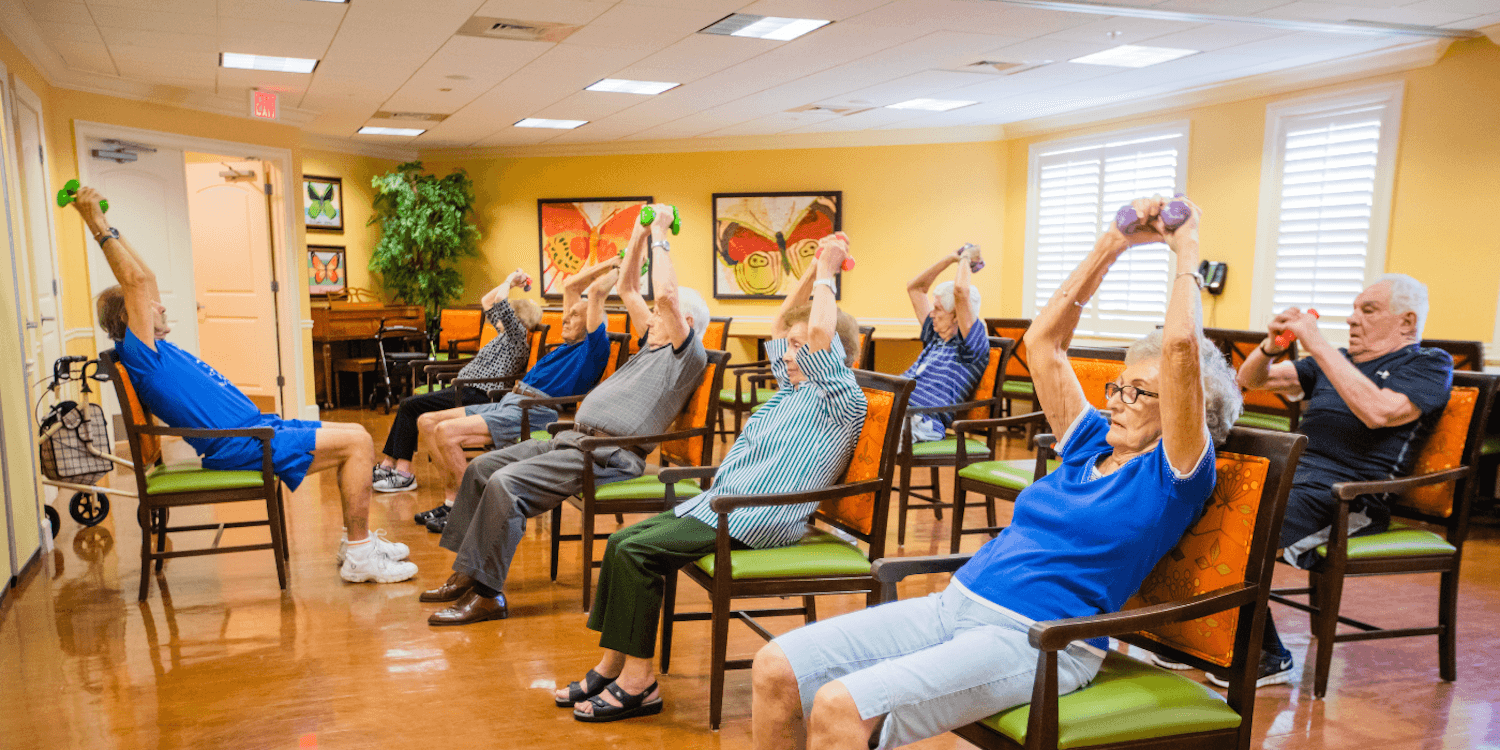Producing a Safe and Helpful Environment for Alzheimer's Care
The creation of a supportive and risk-free environment for people with Alzheimer's is paramount in enhancing their lifestyle. This includes not only physical adjustments within the home, such as reducing dangers and integrating familiar components, but also the application of organized regimens and significant tasks that accommodate their cognitive needs. Understanding the psychological and psychological measurements of care can significantly affect their feeling of protection and connection. Exploring these diverse approaches can disclose crucial understandings right into effective caregiving strategies that might transform the daily experiences of both people and caregivers.
Comprehending Alzheimer's Demands
Frequently, individuals with Alzheimer's condition display a series of needs that call for tailored approaches to care. As the problem advances, cognitive decline manifests in various means, affecting memory, reasoning, and even the ability to do day-to-day activities. Caregivers must recognize these progressing demands to provide proper support and make certain a better of life for those influenced.
One vital facet of comprehending Alzheimer's needs is acknowledging the value of regular and experience. Individuals typically find comfort in well established patterns, which can minimize anxiousness and complication. Caretakers should aim to produce organized day-to-day schedules that integrate purposeful activities lined up with the individual's rate of interests and abilities.
Furthermore, reliable communication is critical. Individuals with Alzheimer's might battle to share themselves or comprehend complicated language. Caregivers need to employ simple, clear language, usage non-verbal signs, and technique energetic paying attention to promote understanding and link.
Caretakers need to encourage interaction in neighborhood tasks or family gatherings, advertising a feeling of belonging and purpose. Comprehending these varied demands is necessary for creating an encouraging care environment.
Creating a Safe Home
Developing a risk-free home for people with Alzheimer's condition is necessary to promoting and decreasing dangers independence. Ensure that pathways are well-lit and clear, as correct illumination minimizes disorientation and enhances flexibility.
Including adaptive attributes is likewise crucial. Mount grab bars in washrooms and near stairways, and take into consideration making use of non-slip mats in damp locations. In addition, using contrasting shades for floors and wall surfaces can aid in identifying rooms, assisting to minimize complication.
Familiarity is very important for individuals with Alzheimer's. Individualizing the setting with acquainted items and pictures can strengthen a sense of belonging and safety - Alzheimers Care Charlotte. It is likewise useful to have a marked location for daily tasks, such as analysis or crafting, which can supply framework to their day
Lastly, carrying out a secure outdoor area enables safe exploration while connecting with nature. By attentively creating the home setting, caregivers can substantially boost the lifestyle for people living with Alzheimer's illness.
Enhancing Communication Abilities

Non-verbal communication, consisting of faces, motions, and touch, plays a crucial function in conveying empathy and understanding. Keeping eye contact and a tranquil demeanor can enhance the convenience degree of the person, advertising a feeling of safety.
Moreover, it is essential to practice energetic listening. This involves being totally existing, showing persistence, and enabling the individual to reveal themselves without disturbance. Rep may be essential; caregivers ought to be prepared to review topics or questions, as individuals with Alzheimer's may have problem with memory recall.
In addition, utilizing visual aids or cues, such as photographs or acquainted items, can help with recognition and involvement. Ultimately, enhancing communication abilities is concerning developing trust and developing an atmosphere where individuals feel listened to, valued, visit the site and understood, thereby improving their lifestyle.
Motivating Social Interaction
Cultivating meaningful social communications can considerably boost the well-being of people with Alzheimer's illness. Involving with others not only helps battle sensations of isolation yet additionally promotes cognitive function and emotional wellness. Structured social tasks, such as team arts, crafts and games, or music treatment, create chances for citizens to get in touch with peers and caregivers, which can result in improved state of mind and reduced anxiety.
Creating a welcoming setting that motivates socialization is important. This can be accomplished by arranging public areas that help with interaction, such as relaxing seating areas or task areas. Furthermore, incorporating acquainted and culturally pertinent activities can spark memories and encourage engagement, enabling individuals with Alzheimer's to really feel more connected to their past experiences.
Moreover, caretakers must be educated to identify and promote social interaction among residents. By focusing on social interaction, This Site we can considerably enrich the lives of those living with Alzheimer's, fostering a feeling of neighborhood and belonging.
Supporting Caretaker Health

To sustain caretakers, organizations should offer routine training and academic resources to enhance their understanding of Alzheimer's illness and caregiving techniques. Giving access to respite treatment services allows caregivers to take needed breaks, minimizing stress and anxiety and fatigue - Alzheimers Care Charlotte. Furthermore, promoting an area via support system can help with emotional sharing and the exchange of sensible advice amongst caregivers, developing a network of mutual support
Psychological health resources, such as therapy solutions, can also be crucial in attending to the emotional toll caregiving can take. By prioritizing caregiver wellness, we develop a more sustainable caregiving atmosphere that not only benefits the caregivers themselves yet also enhances the total quality of treatment obtained by people with Alzheimer's. Ultimately, supporting caregivers is a crucial component in fostering a efficient and thoughtful care setup.
Conclusion
Finally, the development of a supportive and risk-free environment for people with Alzheimer's is important to improving their quality of life. By prioritizing security via thoughtful design, fostering psychological health with acquainted aspects, and promoting interaction through structured regimens, caregivers can substantially influence the general experience of those impacted by this condition. Sustaining caretaker well-being is my response essential, as it inevitably adds to a much more reliable and compassionate care atmosphere.
Rep might be required; caretakers ought to be prepared to take another look at concerns or topics, as individuals with Alzheimer's might battle with memory recall.
